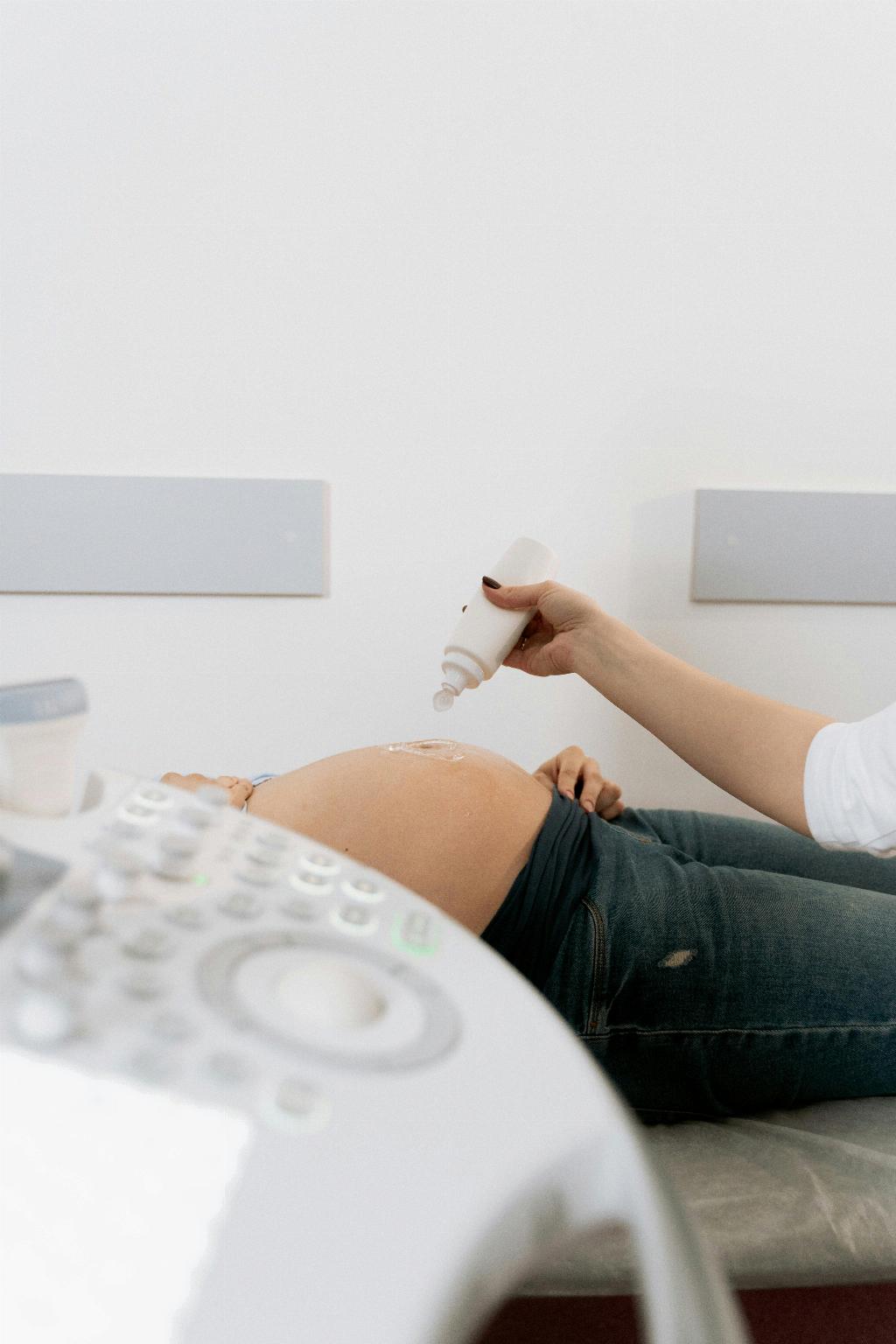Deciding to start a family is a significant milestone in anyone’s life. When it comes to preparing for pregnancy, timing is essential. If you’re considering becoming pregnant, it’s crucial to start focusing on your health well before you actually start trying to conceive.
Experts recommend that individuals who are thinking about getting pregnant should ideally start preparing their bodies for pregnancy at least three months before actively trying to conceive. This timeframe allows for essential lifestyle changes to take effect and for your body to become as healthy as possible before pregnancy.
While three months is a general guideline, it’s essential to recognize that each person’s health and wellness journey is unique. If you have underlying health conditions that could potentially affect a pregnancy, you may need a longer preparatory period to ensure that your body is in the best possible state for conception.
Factors such as age, preexisting medical conditions, lifestyle habits, and overall health can all impact how long you should prepare for pregnancy. Therefore, it’s always advisable to consult with your healthcare provider when considering starting a family to receive personalized guidance based on your individual circumstances.
Starting to prepare for pregnancy in advance allows you the opportunity to address any potential health concerns, optimize your wellness, and make necessary lifestyle changes that can positively impact your fertility and overall pregnancy experience.
By focusing on your health and well-being before conception, you can increase your chances of having a healthy pregnancy and a healthy baby. Making healthy choices such as following a balanced diet, maintaining a healthy weight, exercising regularly, managing stress, and avoiding harmful substances can all contribute to a successful pregnancy journey.
It’s also essential to start taking prenatal vitamins containing folic acid several months before attempting to conceive. Folic acid is crucial for fetal development and can help reduce the risk of certain birth defects. Your healthcare provider can recommend the appropriate prenatal vitamins for you based on your individual needs.
Additionally, if you are taking any medications, it’s important to discuss them with your healthcare provider before becoming pregnant. Some medications may need to be adjusted or changed before conception to ensure the safety of both you and your future baby.
Preparing for pregnancy is not just about physical health but also about emotional readiness. It’s essential to consider your readiness for the responsibilities of parenthood and to ensure that you have a strong support system in place for when you do become pregnant.
Remember that fertility declines with age, so if you are in your late 30s or older, it may be advisable to start preparing for pregnancy even earlier to maximize your chances of conceiving. However, regardless of age, taking proactive steps to prepare for pregnancy is always beneficial.
In conclusion, the ideal time to start preparing for pregnancy is before you even start trying to conceive. By focusing on your health, making lifestyle adjustments, taking prenatal vitamins, and consulting with your healthcare provider, you can increase your chances of having a successful and healthy pregnancy when the time is right for you.

